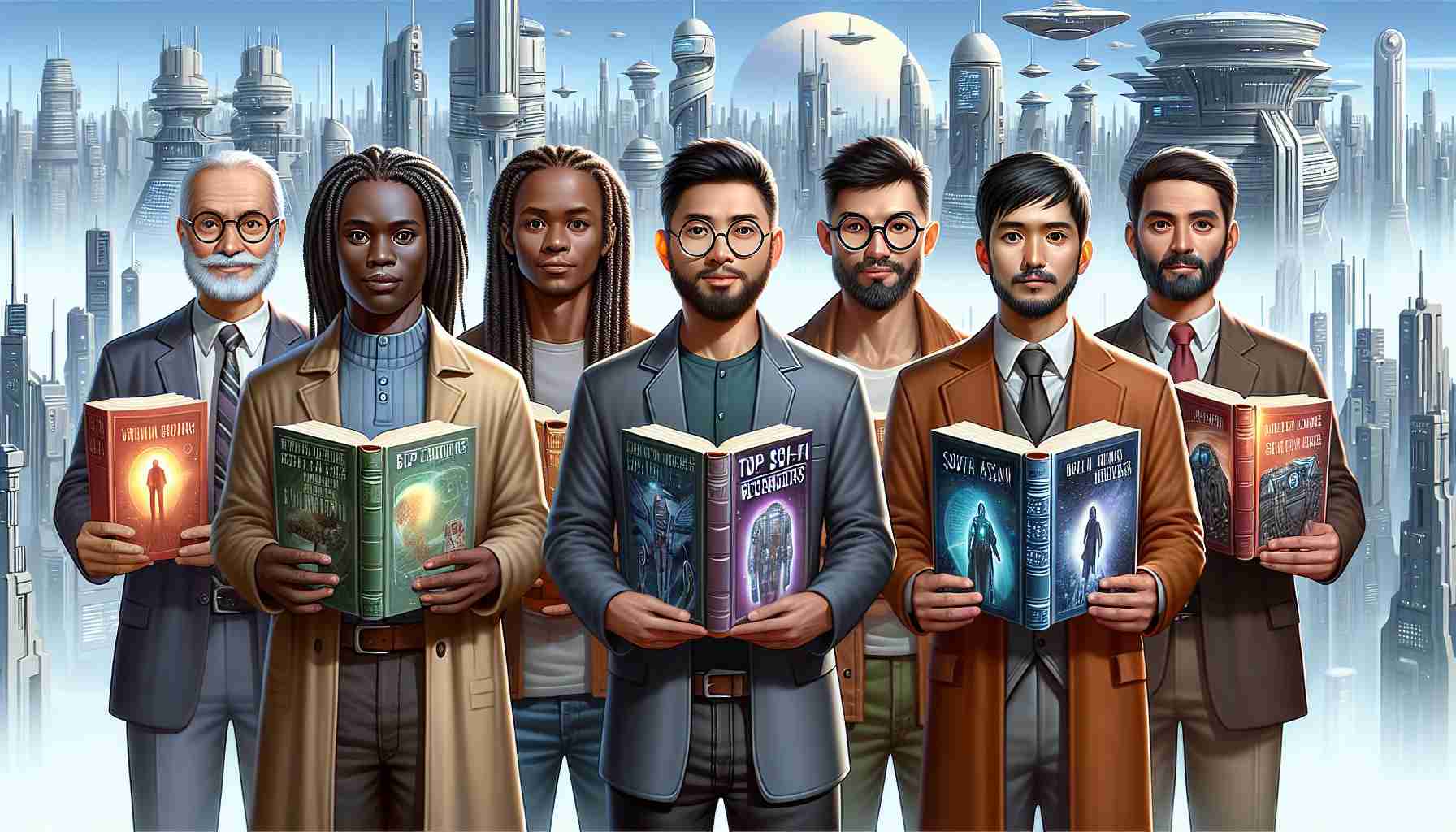Summary:
Science fiction, often shortened to Sci-Fi, is a genre of speculative fiction that typically deals with imaginative and futuristic concepts such as advanced science and technology, space exploration, time travel, parallel universes, and extraterrestrial life. It has been used by authors as a device to explore the possibilities of the future, our universe, and even our own human nature. Among the plethora of Sci-Fi writers, there are those whose works have echoed profoundly through time and continue to influence the genre. This article provides recommendations of top sci-fi authors whose contributions to the field have been significant and whose stories are a must-read for any science fiction enthusiast.
Defining Science Fiction:
Science Fiction and Fantasy Writers of America defines science fiction as a genre that employs speculative, fictional science-based depictions of phenomena that are not fully accepted by mainstream science: futuristic technology, space travel, time travel, parallel universes, and extraterrestrial life.
Top Recommended Sci-Fi Authors
Isaac Asimov:
One of the most prolific figures in science fiction, Isaac Asimov is best known for his “Foundation” series and his “Robot” series. His work has laid the foundations for modern science fiction and his Three Laws of Robotics continue to influence both science fiction writing and robotics philosophy today. Asimov’s predictive and expansive imagination makes his works timeless.
Frank Herbert:
Frank Herbert’s magnum opus, “Dune,” is often cited as the best-selling science fiction novel of all time. “Dune” is beloved for its complex universe, detailed world-building, and thought-provoking take on politics, religion, and ecology. Herbert crafted a narrative that transcends time and remains relevant to discussions about resource exploitation and environmental conservation.
Philip K. Dick:
Philip K. Dick’s writing often centers around themes of reality, identity, drug use, and dystopian societies. His seminal works include “Do Androids Dream of Electric Sheep?”—which inspired the film “Blade Runner”—and “The Man in the High Castle.” Dick’s questioning of reality and human consciousness continues to fascinate readers and inspire contemporary writers and filmmakers.
Insightful Analysis
The works of Asimov, Herbert, and Dick are more than just stories steeped in fantastical worlds. They pose questions about humanity’s future, ethics in technological advancement, and the very nature of reality. Reading these authors not only entertains but also invokes a deeper contemplation of various socio-political, philosophical, and ethical issues through a sci-fi lens.
FAQ
Why is Isaac Asimov’s work so important to the Sci-Fi genre?
Isaac Asimov’s work is significant due to his ability to popularize science fiction as a respected literary genre, his incorporation of scientific principles into storytelling, and the creation of a framework for understanding robotic behavior—the Three Laws of Robotics—that has profoundly influenced both how we think about artificial intelligence and how we develop it.
What themes are common in Philip K. Dick’s novels?
Philip K. Dick often explored themes like the nature of reality, human perception, identity, and authoritarian governments. His works frequently question the line between human and artificial intelligence and challenge the nature of individual agency.
Is “Dune” relevant to today’s environmental concerns?
Absolutely. Frank Herbert’s “Dune” discusses the importance of preserving resources, especially water, in an ecological balance. The struggle over the spice melange, a substance found only on the desert planet of Arrakis, mirrors present-day conflicts over non-renewable resources. Herbert’s narrative stresses the importance of understanding and respecting ecosystems—a message that remains relevant given today’s environmental challenges.
These authors have laid the groundwork for contemporary science fiction, providing insight and predictions that have remained relevant decades past their publication. Their works offer a blend of escapism and practical contemplation, challenging readers to consider the future in ways that are both exhilarating and profound.
